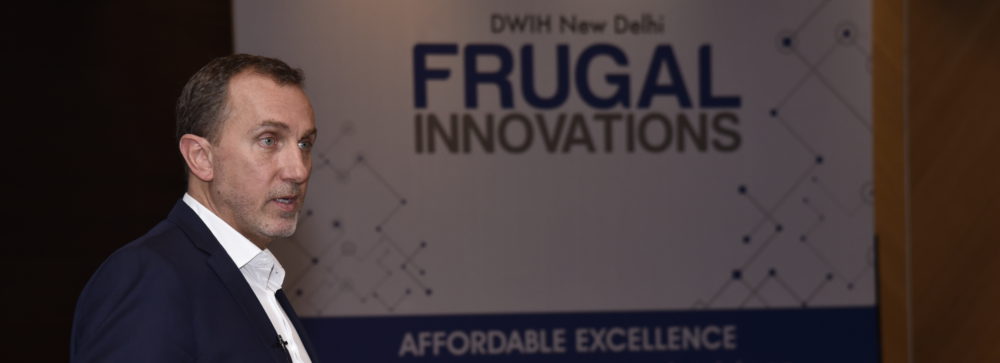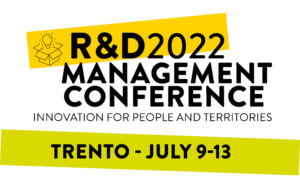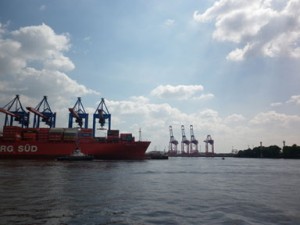R&D Today conducts an interview with Suchit Ahuja, Rajnish Tiwari and
Stephanie Cadeddu in the run-up to the R&D Management Conference 2022.
Center for Frugal Innovation is also this year involved in the organization of a track at this year’s R&D Management conference (July 11-13, 2022) in Trento in Italy.
Track 2.15 with the title “Frugal Digital Innovation & Transformation: Impacting Business, Society, and the Environment”is being organized by Track Chairs: Suchit Ahuja (Concordia University, Montreal, Canada), Rajnish Tiwari (Hochschule Fresenius/Center for Frugal Innovation, Hamburg University of Technology, Germany), and Stephanie Cadeddu (Cégep du Vieux Montréal, Canada).
R&D Today, which is a publication outlet of the Research and Development Management Association (RADMA) spoke with the Chairs of this track. In their own words:
Continue reading


